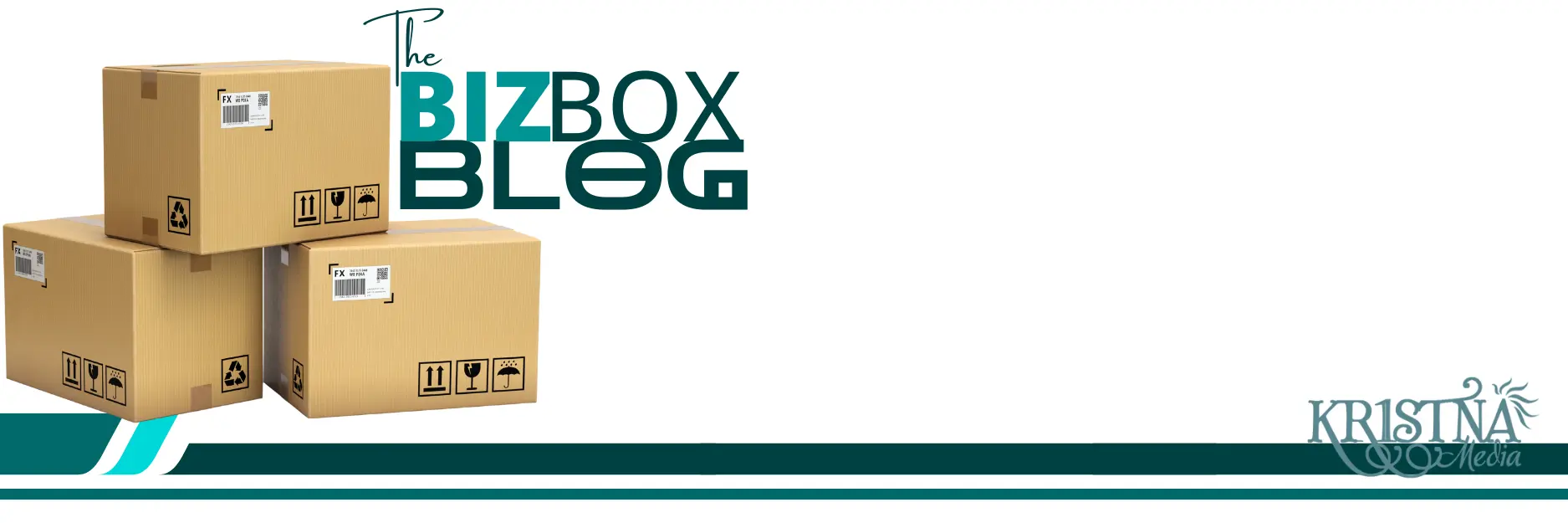Brace Yourself (and Your Brand’s Reputation): The Crisis is Like a Ticking Time Bomb
Here’s a reality check—if you haven’t faced a crisis yet, you will. In a hyper-connected world where information spreads like wildfire, a single misstep can snowball into a full-blown crisis in minutes. Whether it’s a social media backlash, a PR disaster, or an internal scandal that goes public, your brand’s reputation is on the line. The question is, are you prepared to handle it?
To navigate these stormy waters, you need a solid crisis management strategy that does more than just plug holes—it protects and even strengthens your brand’s reputation. Here’s how to get it right when everything goes wrong.
1. Own the Narrative, or Someone Else Will
The worst thing you can do in a crisis? Stay silent. In today’s digital age, silence equals guilt in the court of public opinion. If you don’t own the narrative, someone else will—and they probably won’t be kind. People will fill in the blanks, and their stories will be far more damaging than the truth.
- Reality Check: According to Edelman’s Trust Barometer, 65% of consumers believe that how a company responds to a crisis directly impacts their trust in that company.
- Action Step: Get ahead of the story. Acknowledge the situation openly and honestly. Issue a statement that outlines what happened, what you’re doing about it, and how you plan to make things right. Keep your messaging consistent across all channels to prevent mixed messages.
2. Apologize the Right Way—No B.S. Allowed
An apology is not an admission of guilt—it’s a statement of empathy and accountability. But here’s the kicker: A half-baked, insincere apology will do more harm than good. We’ve all seen the non-apology apologies: “We’re sorry if anyone was offended…”—that’s not an apology, it’s a cop-out. People want authenticity, not legalese.
- Example: Think about how Domino’s Pizza handled their 2009 crisis when employees posted a disgusting video on YouTube. The CEO apologized directly, took immediate corrective action, and outlined the steps they were taking to prevent future incidents. The result? Their transparency and sincerity helped rebuild trust and strengthen customer loyalty.
- Action Step: Apologize quickly, sincerely, and specifically. Explain what went wrong, take responsibility, and outline concrete steps for improvement. Don’t deflect blame or use corporate speak—people want to hear from a human being, not a press release.
3. Use Social Media Wisely—It’s Your Friend and Foe
Social media can amplify your crisis tenfold, but it can also be a powerful tool for managing it. In a crisis, your social media channels should be active and responsive, not buried under a rock. Address the issue head-on, provide updates, and engage with your audience. Ignoring the conversation only fuels the fire.
- Example: KFC’s infamous chicken shortage in the UK could have been a disaster, but their social media team turned it around with humor and transparency. They issued a witty apology ad rearranging the brand’s letters to spell “FCK” and explained the situation clearly. The result? They turned a crisis into a brand-building opportunity.
- Action Step: Appoint a dedicated crisis social media team who can respond quickly and consistently. Monitor social media channels for conversations and sentiments about your brand, and engage where necessary. Use social media to communicate your side of the story and to reassure your audience.
4. Get Your Internal Team on the Same Page
A crisis can feel like chaos, but your internal team needs to remain calm and coordinated to be able to control what happens to your brand’s reputation. Employees are often on the front lines—they interact with customers, clients, and the public. If they’re not in the loop or are sharing inconsistent information, the crisis will escalate.
- Quote from the Field: “Your employees are your most valuable crisis management tool,” says Melissa Agnes, a crisis management strategist. “They need to know what to say, how to say it, and who to direct queries to.”
- Action Step: Develop a crisis communication plan that includes internal protocols for communicating with employees, key messages to share, and instructions on how to handle inquiries. Conduct regular training and simulations to ensure everyone knows their role when the crisis hits.
5. Be Transparent, But Not Overexposed
Transparency is key, but there’s a fine line between being open and oversharing. You don’t need to broadcast every minor detail or give a play-by-play of your crisis management efforts. The goal is to provide enough information to maintain trust without feeding the frenzy.
- Example: During the Volkswagen emissions scandal, the company’s lack of transparency and misleading statements led to massive distrust and a steep decline in stock value. Conversely, when Tylenol faced a tampering crisis in the 1980s, they were transparent, proactive, and swift, which helped them regain public trust.
- Action Step: Develop a strategy for sharing updates. Provide enough information to keep the public informed, but avoid speculation or oversharing. Control the flow of information to ensure accuracy and consistency.
6. Plan for Recovery—The Crisis Is Just the Beginning
Handling the immediate aftermath is critical, but how you manage the recovery phase will determine the long-term impact on your brand. The crisis may be over, but the work isn’t. Rebuilding trust takes time and effort.
- Quote from the Field: “A crisis is a terrible thing to waste,” said Paul Romer, a Nobel Prize-winning economist. “It’s an opportunity to learn, improve, and come out stronger.”
- Action Step: Evaluate your crisis response, identify what went well, and pinpoint areas for improvement. Communicate the changes you’re making as a result of the crisis and engage with your audience to show them you’re committed to doing better.
Final Word: Turn Crisis into Opportunity
No one likes a crisis, but the way you handle it can turn it into an opportunity to build trust, reinforce your values, and strengthen your brand’s reputation. The next time you find yourself in hot water, remember: Act fast, own the narrative, be transparent, and don’t be afraid to show a little humility.
Need help preparing for a crisis or managing your brand’s reputation? At KR1STNA Media, we specialize in crisis communication and brand’s reputation management strategies that keep your brand resilient and ready for anything. Contact us today to start building your crisis playbook.



